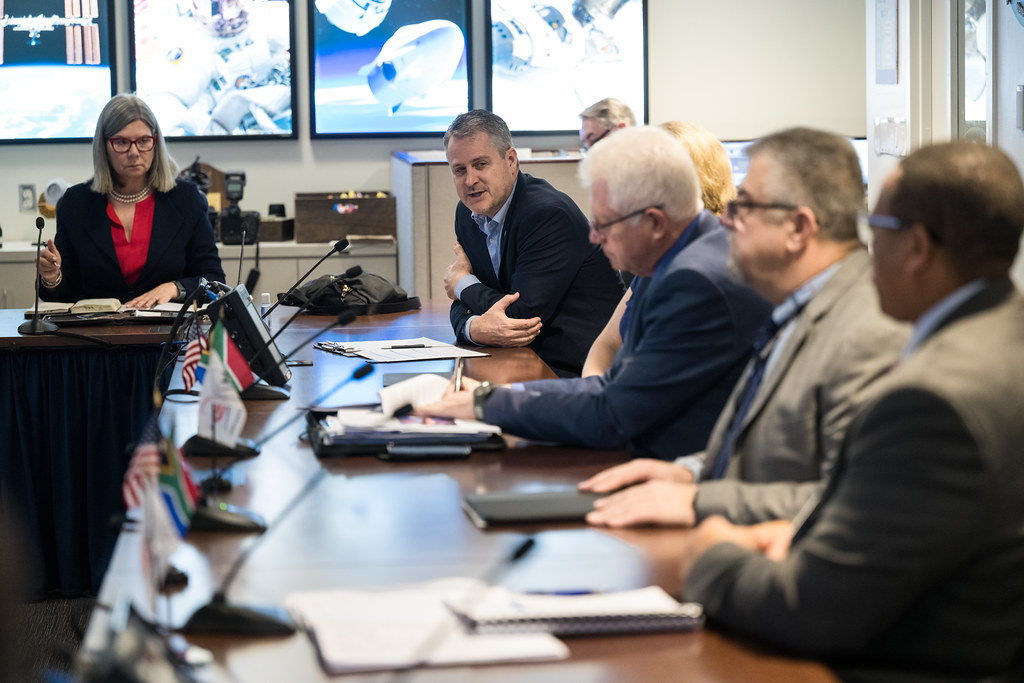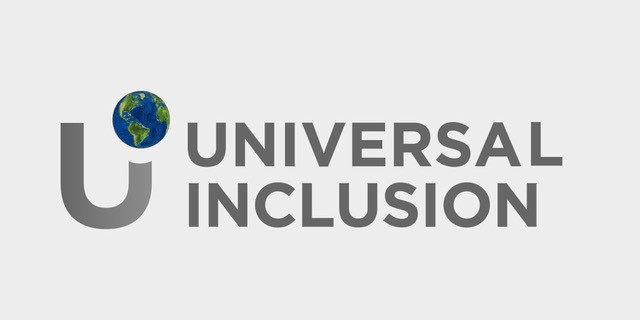In the fast-paced realm of entrepreneurship, diversity and inclusion (D&I) have emerged as crucial elements for fostering sustainable inclusive working practices within entrepreneurial ecosystems.
We recently held an online event from our CIMR Debates in Public Policy series, titled “The Missing Link’ – Models in moving D&I Policy into Sustainable Working Practice within Entrepreneurial ecosystems” to explore models aimed at bridging the gap between D&I policies and sustainable working practices.
We were honoured to welcome a distinguished panel comprising experts from various domains, including Helene Martin Gee – Savvitas Women in Enterprise; Penny Roberts – Co Founder BankAbility Ltd; Anna Roughley – Head of Insight – Lending Standards Board – Banking and Financial Services; Co-chairs: Jacqueline Winstanley (Universal Inclusion), Jonathan Potter (Head of Entrepreneurship Policy Unit at OECD); who provided valuable insights into the challenges and opportunities surrounding inclusive entrepreneurship.
The session touched on various research and reports released within the field (see full details here). Let’s unravel the key takeaways from this session.
Persistent Disparities in Entrepreneurship
The dialogue commenced with an acknowledgment of the persistent disparities within entrepreneurship. Despite global legislation and policy initiatives aimed at fostering inclusivity, significant imbalances persist, particularly concerning disability, gender, age, and immigrant status. Jacqueline Winstanley, alongside co-chair Jonathan Potter from the OECD, set the stage for a nuanced exploration of the ‘missing link’ which both hinders or enhances progress in inclusive entrepreneurship.
Identifying the Missing Link and OECD’s Role

Jonathan Potter outlined the OECD‘s research findings, emphasizing the existence of some 34 million ‘missing entrepreneurs’ due to disparities across various demographic groups. Despite the implementation of numerous public programs promoting inclusive entrepreneurship, tangible progress remains elusive. Potter suggested several potential ‘missing links,’ including gaps in knowledge about effective practices, lack of continuity in policy actions, inadequate evaluation mechanisms, and the need for overarching policy frameworks.
Jonathan also shed light on the OECD’s role as an international governmental organization facilitating the exchange of information and best practices among member countries. He highlighted initiatives like the ‘Missing Entrepreneurs 2023’ report and the Better Entrepreneurship Policy Tool, aimed at providing policymakers with practical guidance and self-assessment resources.
Achieving Sustainable Change and Government’s Role in Reducing Barriers – Helen Martin Gee

The conversation then shifted to Helen Martin Gee, founder of Savvitas Women in Enterprise, who shared her insights on achieving sustainable change in entrepreneurship. Martin Gee emphasized the importance of placing people and purpose at the core of entrepreneurial endeavours. Through thought leadership and tangible outcomes, Savvitas works towards fostering inclusive entrepreneurship globally.
Martin Gee also underscored the multifaceted nature of reducing barriers to entrepreneurship, emphasizing the need for governments to adopt a longer-term perspective and prioritize access to funding. She advocated for business-minded policymakers and stressed the significance of continuous review and adaptation of policies to address evolving challenges.
Understanding and Addressing Financial Inclusion – Penny Roberts and Anna Roughley
Penny Roberts, a serial entrepreneur and co-founder of BankAbility Ltd, shared valuable insights into her current project – building the world’s first accessible banking platform. Roberts emphasized the critical role of accessibility in reducing financial stress and barriers, thereby fostering financial inclusion and independence.
She highlighted several key factors driving the sustainability of their approach: Customization, Scalability, Data-driven Approach, Feedback Mechanisms. Roberts’ insights also shed light on the importance of innovative approaches to inclusion and the role of technology in driving sustainable change within financial services.

Anna Roughley, Head of Insight at the Lending Standards Board, also highlighted the critical nature of financial inclusion, stressing the importance of ensuring equitable access to banking and lending services for all individuals, regardless of their circumstances. She pointed out how conventional assumptions often fail to address the diverse needs of various demographic groups, including people with disabilities, ethnic minorities, and entrepreneurs.
By challenging these assumptions, Anna emphasized the necessity of acknowledging and addressing barriers that hinder inclusivity efforts, such as cultural and linguistic differences faced by ethnic minority entrepreneurs. Furthermore, Anna emphasized the value of involving individuals with lived experiences in the development and implementation of financial products and services. This inclusive approach not only leads to better outcomes for customers but also fosters a more diverse and satisfied customer base. Additionally, Anna stressed the importance of establishing measurable objectives to monitor progress and drive substantive change.
Universal Inclusion’s Contribution in terms of ‘The Missing Link’ – Jacqueline Winstanley
Jacqueline Winstanley continued the session emphasising the essence of Universal Inclusion in creating a world where everyone feels valued and included. She highlighted the need for the 2030 Agenda Paradigm Shift to perceiving individuals with protected characteristics, as contributing citizens with rights, protections, and solutions. Jacqueline underscored the importance of creating a framework for inclusion, grounded in legislation and international standards such as the Human Rights Act, Equality Act 2010, and the UN CRPD.
She also stressed the significance of creating a sustainable supportive pathway to inclusive working practices, underpinned by clear policies, inclusive training, and continuous audit and compliance mechanisms. She emphasising the need for digital innovation while cautioning against overlooking the rise of digital exclusion.
Final thoughts about the ‘Missing Link’
Anna Roughley echoed Winstanley’s sentiments, emphasizing the importance of translating legislative mandates into actionable practices. She advocated for incremental steps towards inclusivity, acknowledging the challenges in bridging the gap between policy and implementation. Jonathan Potter highlighted the need for ethical collaboration among policymakers, practitioners, and academia to drive global change in D&I practices.
In essence, ‘The Missing Link’ event underscored the critical role of bridging the gap between policy and practice in fostering inclusive entrepreneurial ecosystems. By embracing collaborative initiatives and adopting sustainable frameworks, stakeholders can pave the way for a more diverse, equitable, and inclusive future.
For those who missed the event, the recording is available [here]
Reports referring to this session:
- The OECD report ‘The Missing Entrepreneurs 2023: Policies for Inclusive Entrepreneurship and Self Employment‘
- Lawton Smith and Winstanley’s 2023 report, The ‘Road to Wonder’
- The Centre for Research in Ethnic Minority Entrepreneurship (CREME) and NatWest Group ‘Time to Change’ Report
- The Lending Standards Board series of Insights Reports


